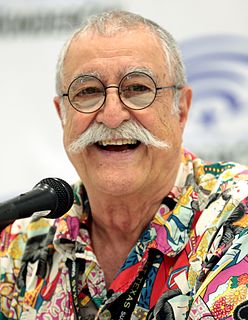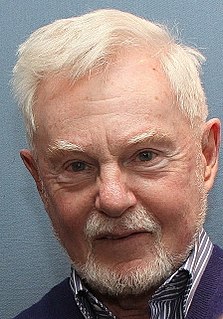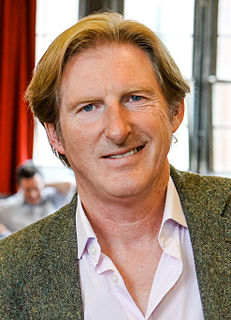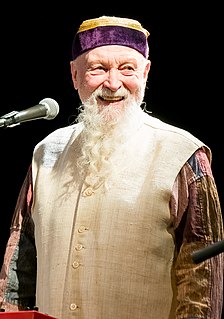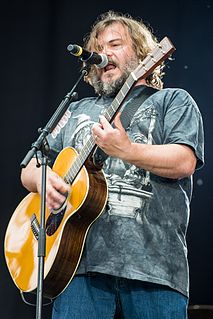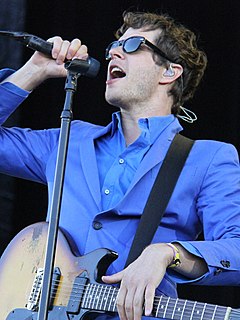A Quote by David Finch
I'm just finding that when I'm sitting down and drawing the pages, it always takes me in a different direction than what I had in mind in my head.
Related Quotes
They wouldn’t have believed me, and if they had they would have wanted me to explain. And I had no explanation, no answers. When you’re on a battleground, you don’t have the luxury of time to dwell on the various historical factors and sociopolitical influences that caused the war. You just keep your head down and try to survive it, to shove the pages back in the book, close the covers and pretend that nothing’s broken, nothing’s wrong.
Sometimes I'm drawing onto a computer directly, sometimes I'm drawing on paper , so I can't really talk about drafts. It's just like having soft clay until it hardens. At least as much of the problem has to do with the decisions of what to represent, how to represent that, and how to reduce it down. The words in the balloons aren't particularly poetic necessarily, but it has the same problem as poetry, which is that one has to do great reduction. And if I tried to draw everything, you'd just have a tangled mess of a picture. The stripping down takes much longer than building up.
A book is maybe about 350 pages, and the prose allows for readers to get a glimpse into the internal lives of the characters. A screenplay is 120 pages, and it's all dialogue and action. The pacing of films is different, the structure is often different, and the internal lives of the characters must come across through the acting. Movies are just a different experience than reading - so it just depends on what an individual prefers.
Journeys become very good metaphors. They always have the character put into circumstances that reveal him. If I had based my characters in New York and had them just sitting and thinking about life, it would be like what contemporary U.S. fiction is about. That is very heavy, literally, for me. It doesn't become mainstream enough because the pages don't turn themselves.
I just had a son and had to take him to the paediatrician and he measured his head and apparently he's in a group in which only 14 per cent of the population have a bigger head than him. Then she said: "Do you mind if I measure your head?" I said: "Go ahead." And she was shocked, because less than one per cent of the world's population has a bigger head than mine. So I guess that means I'm pretty full of myself. Or that I have a huge brain.
I've always felt that if you back down from a fear, the ghost of that fear never goes away. It diminishes people. So I've always said 'yes' to the thing I'm most scared about. The fear of letting myself down - of saying 'no' to something that I was afraid of and then sitting in my room later going, 'I wish I'd had the guts to say this or that' - that galvanizes me more than anything.
Brad Wright, who created Grant MacLaren, had me in mind. We'd actually worked together 20 years ago. He wrote an episode of The Outer Limits that I was in in '96 or '95? So we'd been aware of each other for years. I'd lived in Vancouver off and on, where he's based. And it just came to me, and I'm always looking for something different. Perception was a different show than Will & Grace.




